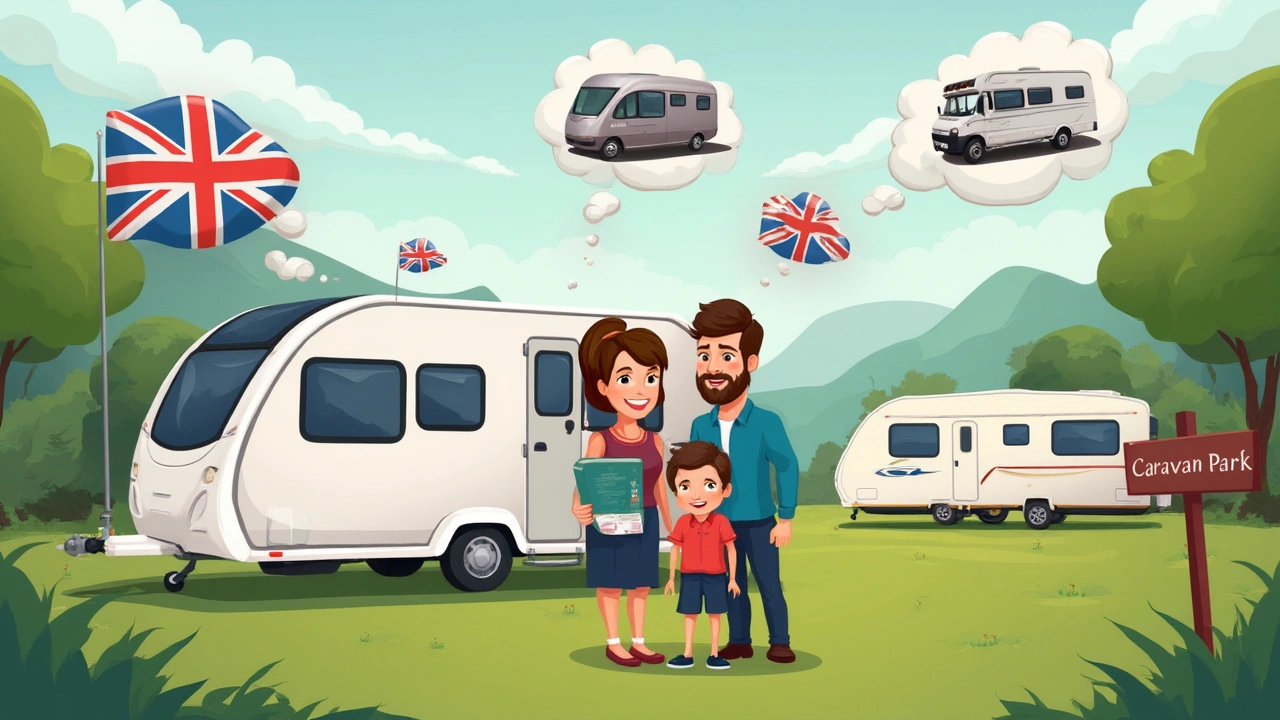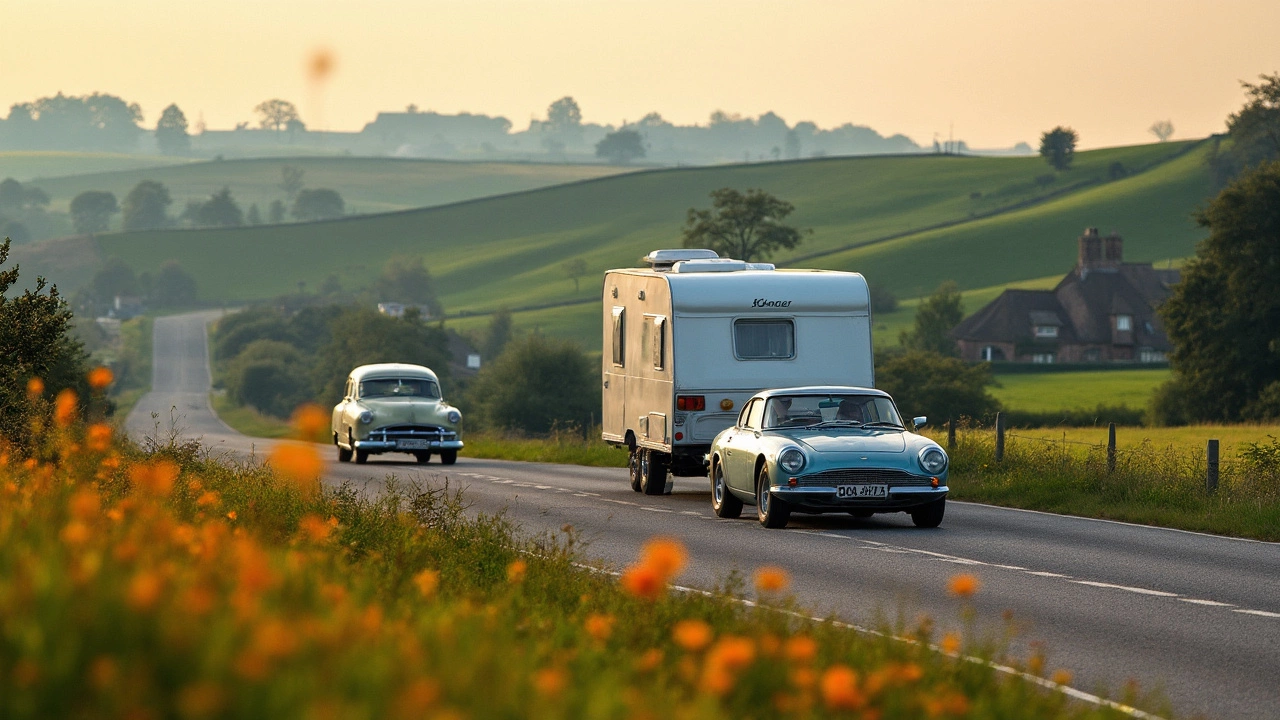RV Tips & Guides for Every Road Trip
Thinking about hitting the road in an RV? Whether you own a motorhome, rent a campervan, or are just day‑dreaming about life on wheels, you need solid info to make the trip smooth and fun. Below you’ll find quick, useful advice that covers buying, parking, boondocking, and staying safe on the road.
How to Choose the Right RV
First, decide what you’ll use the vehicle for. If you travel with a family, look for a motorhome with a full kitchen and separate sleeping areas. Solo travelers often prefer a compact campervan that’s easy to drive in town. Check the layout: a good flow makes daily life on the road less cramped.
Next, research where to buy. Sites like RVTrader and AutoTrader RV list new and used rigs, price history, and owner reviews. Compare mileage, service records, and any warranty that’s still in place. A short test drive will reveal if the steering feels right and if you can comfortably reach the controls.
Boondocking and Free Parking Basics
Boondocking – camping without hookups – saves money and gives you real freedom. The key is to know your power limits. A 12‑volt system can run lights, a small fridge, and a TV, but you’ll need a decent battery bank and a solar panel if you plan to stay long.
When you find a free spot, look for flat ground, shade, and a low‑traffic area. Walmart parking lots are popular, but make sure the store allows overnight stays and keep a low profile. Bring a level of privacy with a tarp shelter and always follow local rules to avoid fines.
Safety tip: keep a fire extinguisher handy, lock your doors, and have a plan for waste disposal. Many boondocking enthusiasts use portable toilets and pack out all trash – it’s the cleanest way to stay on good terms with landowners.
Top RV Road‑Trip Hacks
Plan your route in advance, but stay flexible. Apps like AllStays or Campendium show campgrounds, dump stations, and free sites. Mark a few backup spots in case your first choice is full.
Weight distribution matters. Load heavier items low and close to the axle; this improves handling and fuel economy. Check tire pressure every few days – under‑inflated tires waste gas and can wear out fast.
For comfort, invest in good curtains or blinds to block light and keep the interior cooler. A small fan powered by the RV’s battery can make a huge difference on warm nights.
Finally, don’t forget the paperwork. Carry your driver’s licence, insurance, and registration in an easily reachable folder. Some campgrounds ask for proof of insurance before you can set up.
With the right RV, a bit of planning, and these straightforward tips, you’ll be ready for unforgettable road adventures across the UK and beyond.
-
 VIEW POST
VIEW POSTWhat is a Caravan Called in America? Your Guide to Caravan Parks
Jun, 22 2025|0 CommentsIf you've ever wondered what Americans call a caravan, you're not alone. This article breaks down the different terms used across the U.S., reveals why the naming is different from the UK and Australia, and explains where you’ll find ‘caravan parks’ on your next road trip. Get clear, practical tips and learn some quirky facts so you don’t get lost in translation at the campground. -
 VIEW POST
VIEW POSTPulling a Camper vs. Driving an RV: Which is Cheaper?
Mar, 9 2025|0 CommentsChoosing between pulling a camper and driving an RV can significantly impact your travel budget. This article delves into the costs associated with each option, including fuel consumption, maintenance, and storage. We'll also explore some unexpected factors that can influence the price and provide tips to help you make the best decision for your road adventures. Learn how to balance upfront costs with long-term savings.